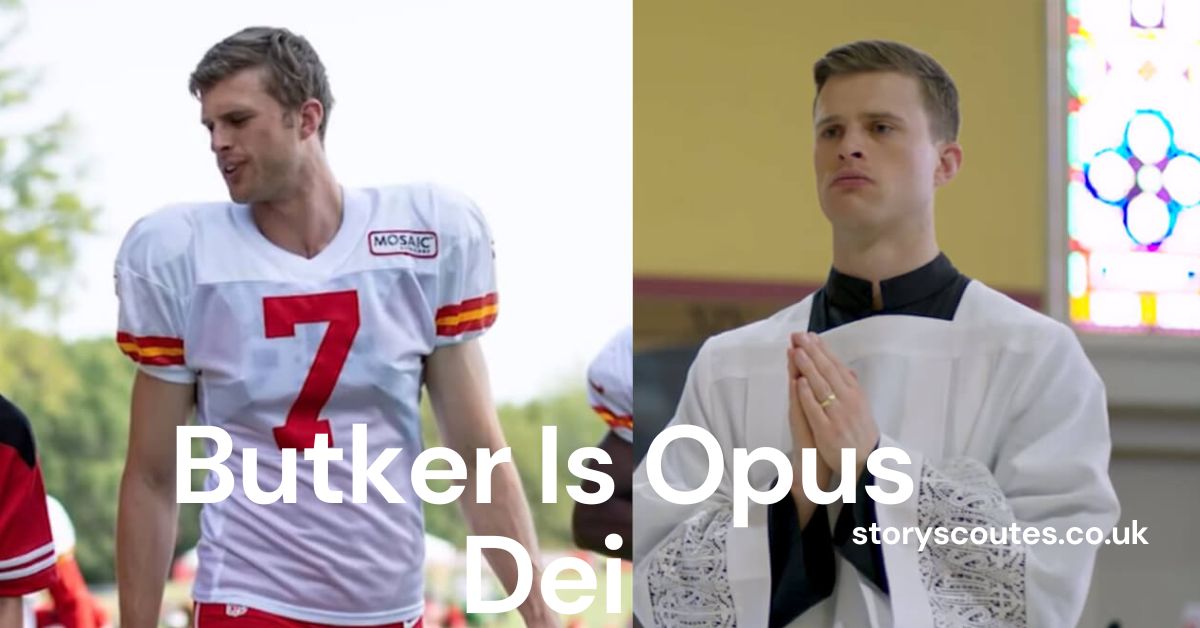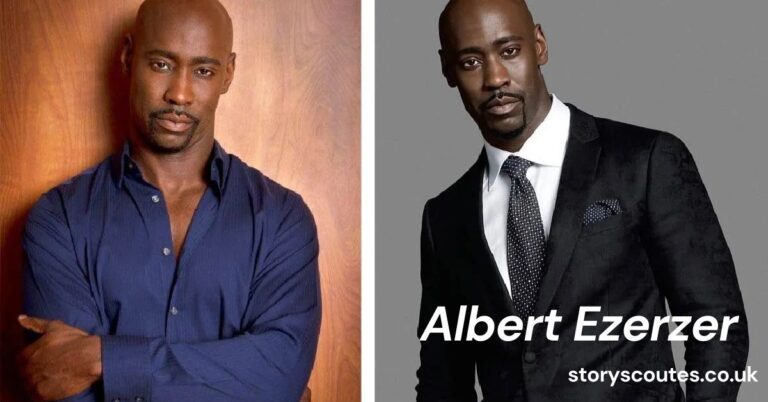Butker Is Opus Dei: Unraveling the Enigmatic Story
The phrase Butker is Opus Dei has been circulating across various platforms, intriguing readers and stirring debates. At first glance, the connection between “Butker” and “Opus Dei” seems perplexing. This article aims to dive deep into this intriguing phrase, explore its meanings, and uncover the fascinating narrative behind it. If you’re interested in decoding this mystery or simply want a clearer understanding of what Butker is Opus Dei entails, you’re in the right place. We’ll break down this topic in simple terms to make it easy to understand.
What Does Butker is Opus Dei Mean?
Butker is Opus Dei is not a straightforward statement. The phrase combines a personal name, “Butker,” with a reference to “Opus Dei,” a well-known Catholic institution. To understand the full scope of this phrase, we need to explore each component separately before tying them together.
Who or What is “Butker”?
In the context of the phrase, “Butker” could be interpreted in several ways. It might refer to an individual, such as Harrison Butker, a professional American football player. However, within this narrative, “Butker” appears to be a character embedded in a fictional or semi-fictional storyline, where he takes on roles beyond just his real-life persona.
Cardinal Virtue: The Connection to Butker
“Butker” could also be a fictional character within a story involving “Cardinal Virtue,” a name mentioned as a “powerful and possessive mafia boss.” This character, Cardinal Virtue, could symbolize the moral conflicts or ethical dilemmas one might face, representing both a cardinal sin and a guiding force in the narrative.
Understanding Opus Dei
Opus Dei, meaning “Work of God” in Latin, is a Catholic organization founded in Spain in 1928 by Saint Josemaría Escrivá. It promotes the belief that everyone is called to holiness and that ordinary life is a path to sanctity. Opus Dei members are known for their devoutness, often incorporating intense religious practices and commitments into their daily lives.
Opus Dei’s Cultural and Societal Role
Over the years, Opus Dei has been a subject of fascination and controversy, often depicted in media as a secretive and powerful religious sect. The organization has been portrayed in various ways, from a spiritual community to a shadowy power broker. This duality in its public perception might be why it appears in this phrase, potentially implying a complex relationship between the protagonist (Butker) and the Catholic institution.
How Does Butker is Opus Dei Tie Them Together?
The phrase Butker is Opus Dei could symbolize a connection or identification with the organization. It suggests that Butker, whether a fictional character or a metaphor, embodies or aligns with the ideals of Opus Dei. This might involve a storyline where Butker, perhaps under the guise of a mafia boss like Cardinal Virtue, wrestles with themes of power, control, morality, and spirituality.
Cardinal Virtue: A Dual Life of Power and Piety
The mention of “Cardinal Virtue” adds another layer to this narrative. If Butker represents Cardinal Virtue, a powerful mafia boss, it sets up a contrast between the criminal world and the spiritual world of Opus Dei. This duality could reflect an inner conflict or a storyline that explores the struggle between good and evil, power and morality, or sin and redemption.
Possible Interpretations and Analyses
- Moral Duality: The phrase could be highlighting the dual nature of morality. As “Cardinal Virtue,” Butker may represent both virtue and vice, embodying a complex character caught between the two. The Opus Dei connection could signify an attempt to find redemption or align with higher spiritual ideals despite a life of crime.
- Satirical Commentary: Another interpretation could be a satirical or critical commentary on religious organizations or powerful figures. By connecting Butker, a character involved in morally questionable activities, with Opus Dei, the phrase might be suggesting a critique of perceived hypocrisy or the complex nature of morality within powerful institutions.
- Literary Device: The use of this phrase could be a literary device to draw readers into a story filled with intrigue and moral questioning. By combining these seemingly unrelated terms, the author might be setting up a narrative that explores deeper philosophical questions about faith, power, and human nature.
The Role of Storytelling in Butker is Opus Dei
Stories have always been a powerful tool for exploring complex ideas. In this case, Butker is Opus Dei might be part of a larger narrative or series that uses fiction to delve into themes of power, control, redemption, and morality.
Engaging the Audience
The phrase’s ambiguity and the narrative potential make it engaging for readers who enjoy stories that challenge their perceptions and offer multiple layers of meaning. It’s a compelling way to explore ideas about personal growth, the human condition, and the ongoing struggle between good and evil.
Beyond the Literal
Taking this phrase at face value would miss the nuanced storytelling that it suggests. The storyline behind Butker is Opus Dei could serve as a metaphor for real-life dilemmas, encouraging readers to reflect on their values, beliefs, and the nature of their own decisions.
Frequently Asked Questions (FAQs)
What is the main idea behind Butker is Opus Dei?
The phrase Butker is Opus Dei is likely part of a fictional narrative that explores complex themes of morality, power, and spirituality. It suggests a connection between the character “Butker” and the Catholic institution Opus Dei, potentially representing an inner struggle or a critique of moral and spiritual ideals.
Is “Butker” a real person?
The name “Butker” could refer to a real person, such as Harrison Butker, but in the context of this phrase, it is likely used as a fictional character within a storyline involving a mafia boss named Cardinal Virtue.
What does Opus Dei represent in this context?
In the phrase “Butker is Opus Dei,” the Catholic organization Opus Dei might represent a set of ideals or a moral framework that the character Butker grapples with, possibly reflecting themes of redemption, spirituality, or moral conflict.
What is the significance of “Cardinal Virtue” in the story?
“Cardinal Virtue” appears to be a character within the story who is a powerful mafia boss. This name could symbolize the dual nature of morality, blending virtue with vice, and setting up a complex narrative around power, ethics, and spirituality.
Is there a hidden meaning behind Butker is Opus Dei?
The phrase could have several interpretations, from a literal storyline involving characters with conflicting morals to a metaphorical critique of religious institutions or a commentary on the complexity of human nature.
How does this phrase connect to broader themes of morality and spirituality?
Butker is Opus Dei likely explores the tension between power and morality, good and evil, and spirituality and sin. It might be used to highlight the struggle to find redemption or maintain virtue in a world filled with moral challenges.
Why is this phrase popular or controversial?
The phrase Butker is Opus Dei intrigues readers because it combines seemingly unrelated concepts, prompting discussions about morality, spirituality, and the nature of power. Its potential critiques or satirical undertones might also contribute to its controversial status.
Conclusion
Butker is Opus Dei is more than just a cryptic phrase; it’s a gateway into a story filled with moral dilemmas, spiritual quests, and complex characters. Whether it’s part of a novel, a literary critique, or a philosophical discussion, this phrase challenges readers to think deeply about the nature of virtue, power, and redemption. By examining this phrase and its possible meanings, we can uncover not only a compelling narrative but also reflect on our values and beliefs in a world that is often as complex as the stories we tell.






